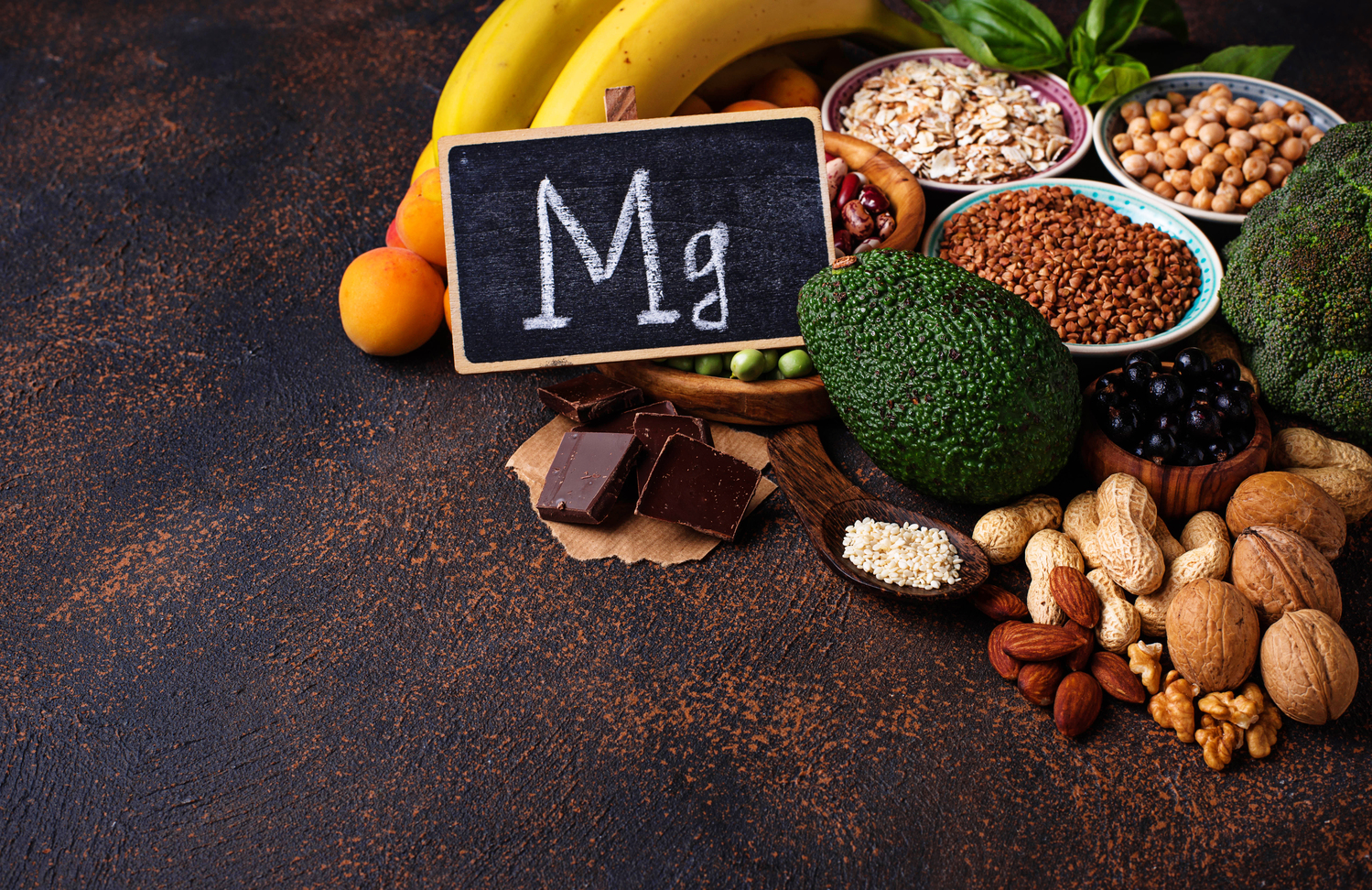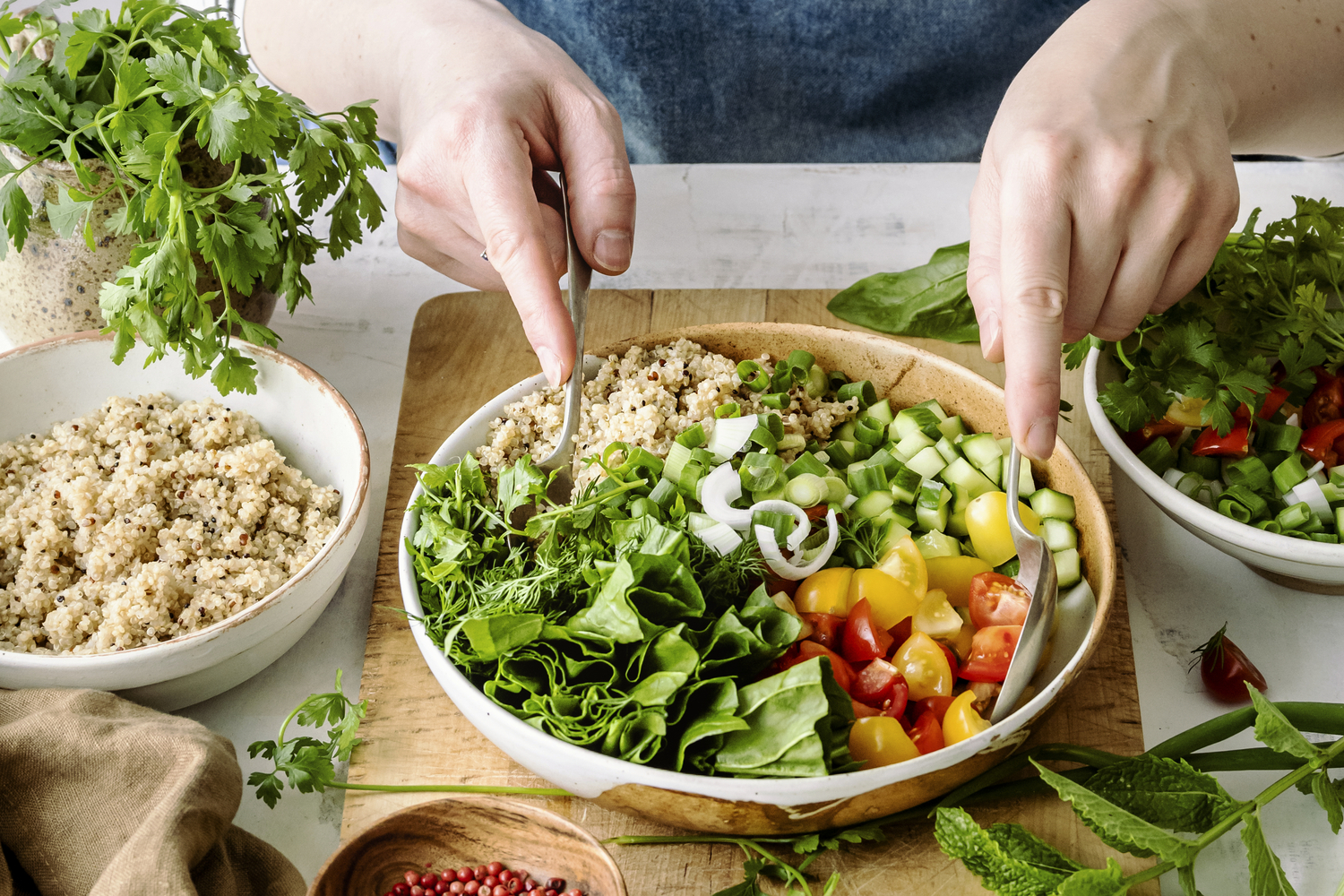Bladder Health
The bladder is located in the lower abdomen and is a hollow organ that retains urine. Urine contains waste and excess fluid that the body excretes after absorbing what it requires from the foods and fluids we eat and drink. Adults move around 1.5 quarts of urine through their bladders and out of their bodies every day.
Related: 10 Ways to Keep Your Bladder Healthy
Having a healthy bladder is essential for all of us. The bladder changes as people grow, whereby the bladder’s elastic tissue may harden and become less stretchy over time. People with a less flexible bladder cannot store as much urine, making them need to use the restroom more frequently.
What Role Does Magnesium Have On Bladder Health?
Magnesium is required for synthesizing and protecting DNA and RNA, and converting food into energy. It also helps carry and convey information to our brain to enable the normal functioning of muscle and nerve cells. Experts believe that magnesium also helps with occasional incontinence (not being able to hold in urine) by minimizing bladder muscle spasms and allowing the bladder to empty properly after urination.
At the same time, not getting enough magnesium can cause and accelerate the production of kidney stones. It is no wonder that magnesium deficiency is, therefore, common among patients with kidney stones (8). People with kidney stones may experience pain or nausea as they move towards the bladder.
Boost Your Magnesium Intake

Having a balanced diet that includes natural sources of magnesium is critical. Magnesium is easy to absorb, so having a healthy and natural diet will help you easily meet your daily magnesium requirements. Approximately 30-40% of the magnesium contained in meals is readily absorbed by the body.
Magnesium is most abundant in dark green vegetables, cereals, seafood, nuts, seeds, and legumes. Natural sources of magnesium include spinach, hazelnuts, walnuts, dried apricots, almonds, watermelon, poppy seeds, arugula, turnip, eggplant, dates, leeks, celery, beans, peas, soybeans, milk, yogurt, nuts, bananas, avocados, dark chocolate, sunflower seeds, sesame seeds, and whole-grain cereal.
There is no limit on how much magnesium you can have during the day if the magnesium comes from food and beverages in which it is naturally found, as your kidneys excrete the excess amount. However, there is an upper limit (UL) for magnesium, which is 350 mg daily, when consumed through dietary supplements and pharmaceuticals.
Consuming magnesium supplements beyond the upper limit may cause side effects like diarrhea. Because of this, you are generally advised to meet your daily magnesium requirements through food and drinks. You may also naturally increase your magnesium intake by eating extra bananas, avocados, dark leafy greens, and nuts. If you want to take magnesium supplements, it’s important to talk to your doctor first to ensure that they don’t interact with any of the medications you might already be taking.
How to Include More Magnesium in Your Diet
1. Prepare meals rich in magnesium
Choose whole foods that have not been processed. Green leafy vegetables, whole grains, nuts, seeds, and legumes are all high in magnesium.
2. Limit your intake of alcoholic and carbonated beverages

Alcohol can impair the body's absorption of vitamin D and other vital minerals, thus affecting your magnesium absorption (9).
3. Try more plant-based foods from the sea
Because sea greens are rich in minerals, including magnesium, foods like seaweed contain lots of magnesium.
4. Reduce your intake of processed sugar
Sugar consumption, particularly from processed meals, can result in increased magnesium outflow from the body and rapidly deplete the magnesium reserves your body needs for good health.
Would you like to get real time body on yourr magnesium levels? ? Vivoo is here to help. Vivoo is an at-home urine test that gives insight on 9 wellness parameters like your hydration, vitamin C, magnesium, calcium, and ketone levels, among many others. After taking a test, the Vivoo App scores you on your overall wellness and provides you with detailed feedback on each wellness parameter. But best of all, it shares personalized nutritional and lifestyle advice based on your results to help you improve. Why not start your wellness journey now?











